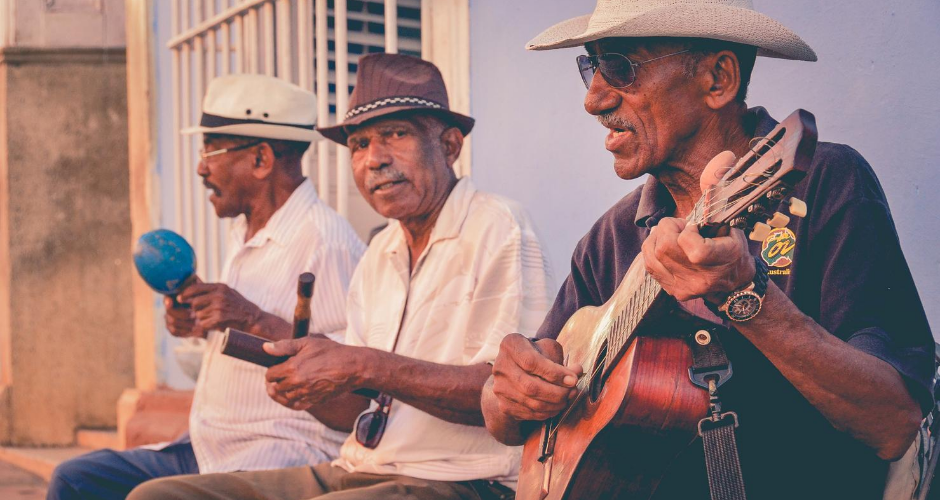Many of you have heard of the iPod Music & Memory Project through the documentary Alive Inside about the amazing ways beloved music can positively affect folks with dementia.
Music is proving to be extremely helpful in other areas of medicine as well. Can music also calm anxiety prior to a heart procedure? Yes!
A study was done and reported in the European Journal of Cardiovascular Nursing called “Music interventions in patients during coronary angiographic procedures: A random controlled study of the effect on patients anxiety and well-being” by Birgit Weeks (former intern at ElderConsult) and Ulrica Nilsson.
A cardiac catheterization lab can be a very frightening environment and music can be a very supportive source of sound that stimulates and maintains relaxation. Generally, the music, if available at all, is generic music provided through a speaker on the wall. The study wanted to see if patient specific music from a pillow speaker would decrease anxiety.
The subjects of the study were put into three groups- one was the normal sounds of a busy lab (the control group), then next were the patient focused music group (pillow speaker) and the last heard music from speakers on the wall.
You can imagine which group reported less anxiety and better well-being. It seems that anxiety decreased significantly and well-being increased with music, compared to the control group. But the group with patient focused music from the pillow speaker was rated much higher. The loudspeaker music seemed to distract the staff working in the lab.
There also was a study in 2015 in The Lancet Medical Journal to see if music is an aid in post-op recovery. Their findings after the study? “Music could be offered as a way to help patients reduce pain and anxiety during the postoperative period. Timing and delivery can be adapted to individual clinical settings and medical teams.” And “Music was effective even when patients were under general anesthetic.”
So it seems that music can make a difference for patients whether suffering from dementia, undergoing medical procedures or post-surgery. But it must be music that the patient loves, not just random music. Obviously, classical music can be very soothing to some and jarring to others, just as rap or any other type of music. It is very individualistic.
To provide a calming environment, you can create a playlist on your phone or computer; just Google ‘create a music play list’ and create your own anxiety reducing playlist. Don’t forget to create a playlist of music for a loved one and help them utilize it.
When the Danish composer Carl Nielsen wrote his fourth symphony, he called it “The Inextinguishable”. When he was asked what that meant he stated it signified the elemental Will of Life: “Music is Life, and like it, is inextinguishable.”
ElderConsult providers attempt to provide the highest level of comfort and quality of life for our patients. Music is one comfort measure that can be added to the medical prescription and it can be very soothing and comforting to our elderly patients as well as providing a pleasant environment for the caregiver as well.
How has music improved your or a patients experience? Let us know on our website or our FB page and share your story.
Elizabeth Landsverk, MD
Geriatric Specialist

Elizabeth (Dr Liz) has over twenty years of experience in providing medical care to the elders. She is board-certified in Internal Medicine, Geriatric Medicine and Palliative Care Medicine. Dr Landsverk founded ElderConsult Geriatric Medicine, a house calls practice, to address the challenging medical and behavioral issues often facing older patients and their families.

